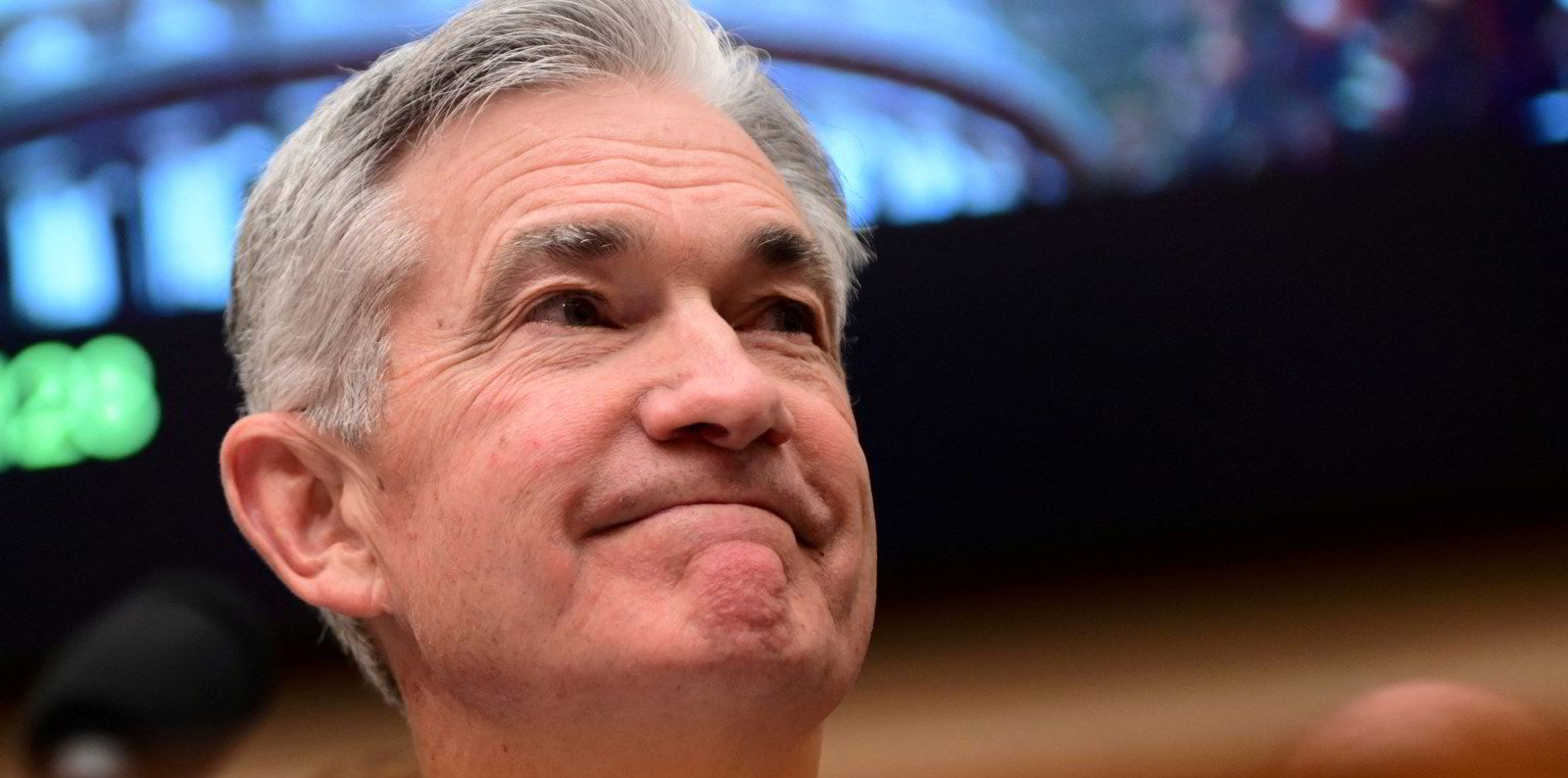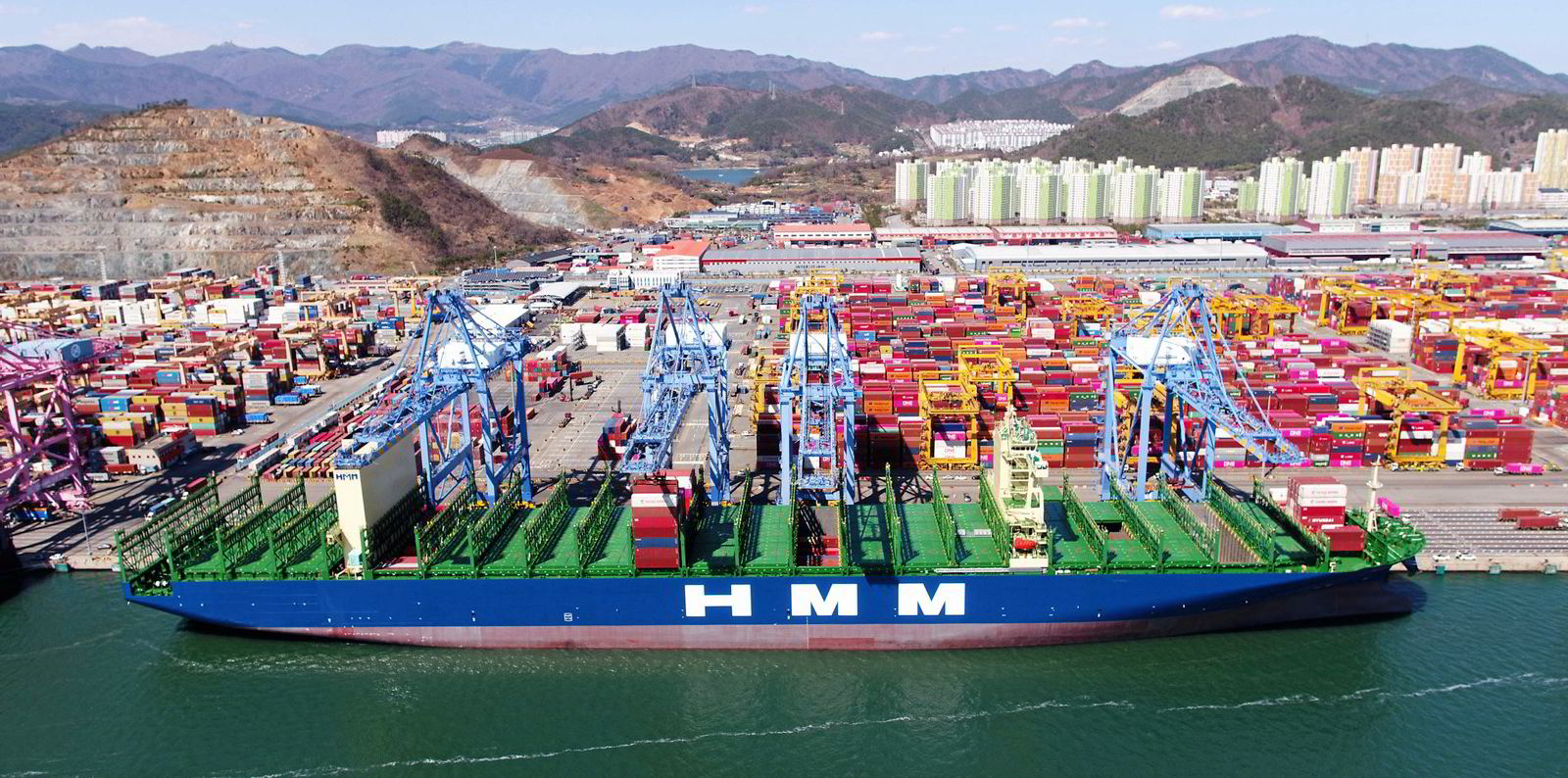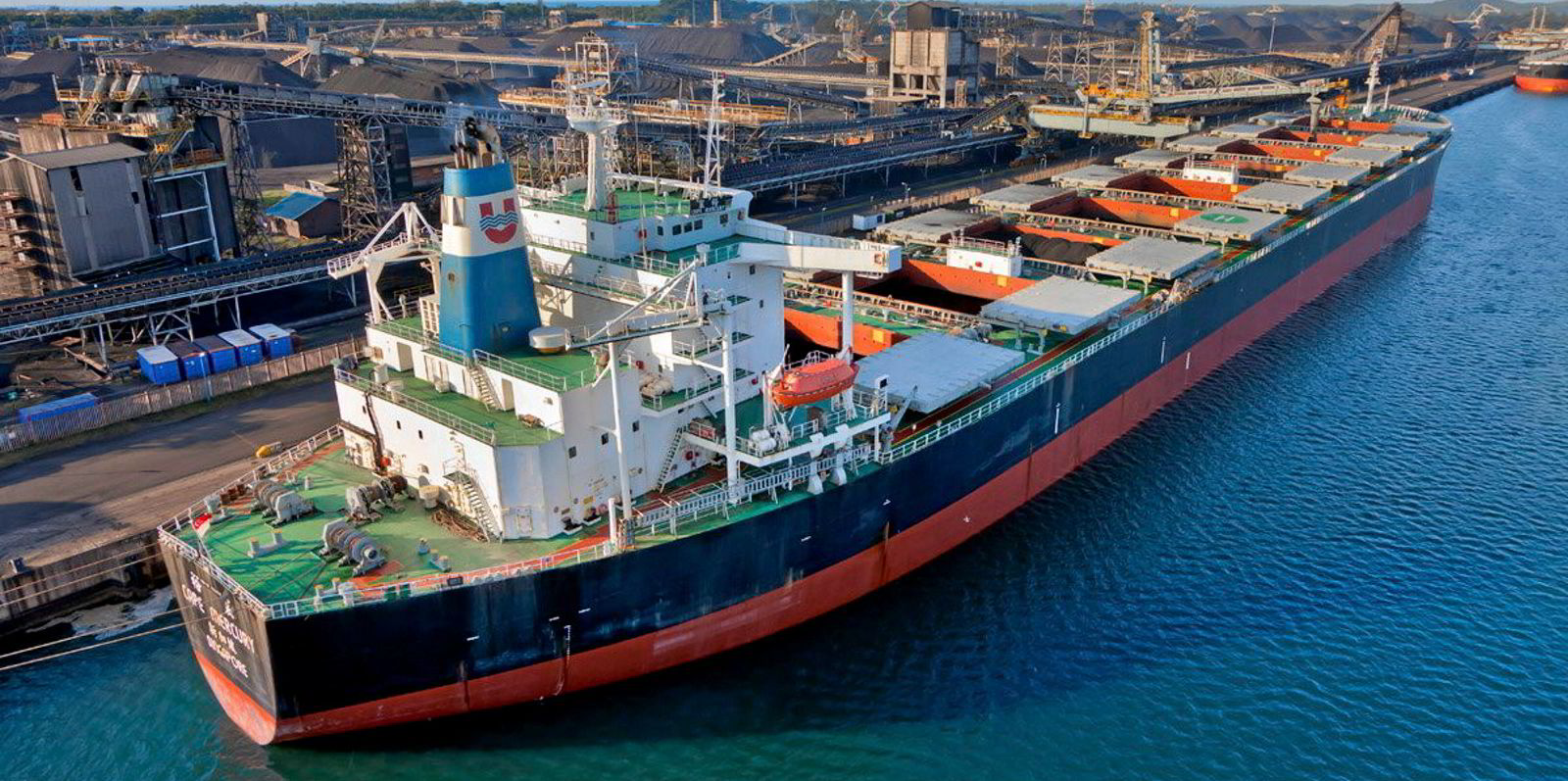The Federal Reserve cited supply chain woes among concerns leading the US central bank to see upside in its inflation outlook.
Supply chain woes, which are increasingly leading governments to focus their attention on ocean shipping, also influenced the Fed’s downside in its expectations for economic activity.
Minutes released on Wednesday of a June meeting of the bank’s Federal Open Markets Committee showed the panel saw the war in Ukraine and China’s tough stance on Covid-19 as “increasing the risk that supply chain disruptions and production constraints would be further exacerbated in the United States and abroad”.
Eyes in stock markets had been eagerly anticipating the minutes, documenting a meeting that led to a 0.75 percentage point hike in interest rates, for clues about the Fed’s continued efforts to rein in inflation.
According to the documents, market participants told the Fed that Covid-19 lockdowns in China were poised to exacerbate supply chain disruptions, adding to economic and inflationary pressures linked to Russia’s invasion of Ukraine.
“Against this background, participants stated that they were highly attentive to inflation risks,” the Fed said.
The market participants also told the bank that they reduced their projections of real gross domestic product growth for this year, both as a result of supply chain disruptions and tighter financial conditions.
While the Federal Reserve minutes made no mention of shipping, they will do little to ease the pressure on the industry in Washington, where the liner sector has been of particular focus over its role in the supply chain.
As TradeWinds has reported, US President Joe Biden signed the Ocean Shipping Reform Act to give more power to the Federal Maritime Commission to tackle the rising cost of containerised freight after the leader expressed ire over the industry’s behaviour.
He is under more pressure to intervene in shipping after labour contracts covering container port workers across the US West Coast expired on Friday.
The National Retail Federation is among business groups that have called on the president to prevent the talks over a renewal from leading to more disruptions.
“With the contract set to expire today, we urge the administration to continue to work with the parties to reach a new agreement without any disruption to port operations,” the group said, according to Sourcing Journal.
Employers group Pacific Maritime Association and the International Longshore and Warehouse Union have committed to keeping ports operating normally during the negotiations.





